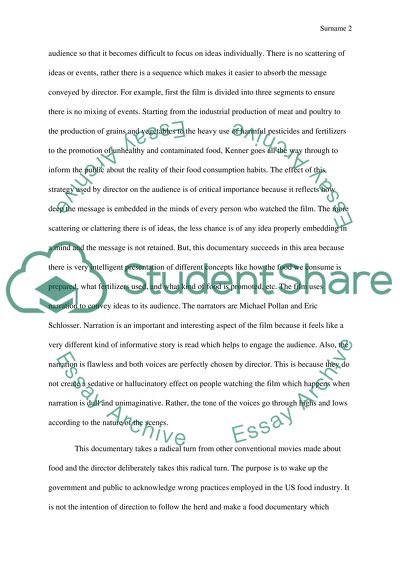Cite this document
(“The Film Food Inc Essay Example | Topics and Well Written Essays - 1000 words - 6”, n.d.)
Retrieved from https://studentshare.org/visual-arts-film-studies/1663370-analysis-essay
Retrieved from https://studentshare.org/visual-arts-film-studies/1663370-analysis-essay
(The Film Food Inc Essay Example | Topics and Well Written Essays - 1000 Words - 6)
https://studentshare.org/visual-arts-film-studies/1663370-analysis-essay.
https://studentshare.org/visual-arts-film-studies/1663370-analysis-essay.
“The Film Food Inc Essay Example | Topics and Well Written Essays - 1000 Words - 6”, n.d. https://studentshare.org/visual-arts-film-studies/1663370-analysis-essay.


